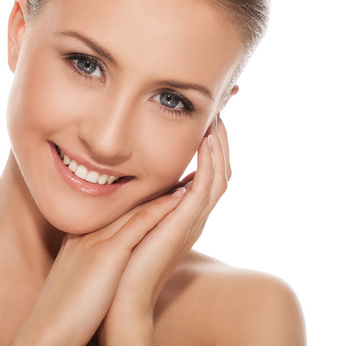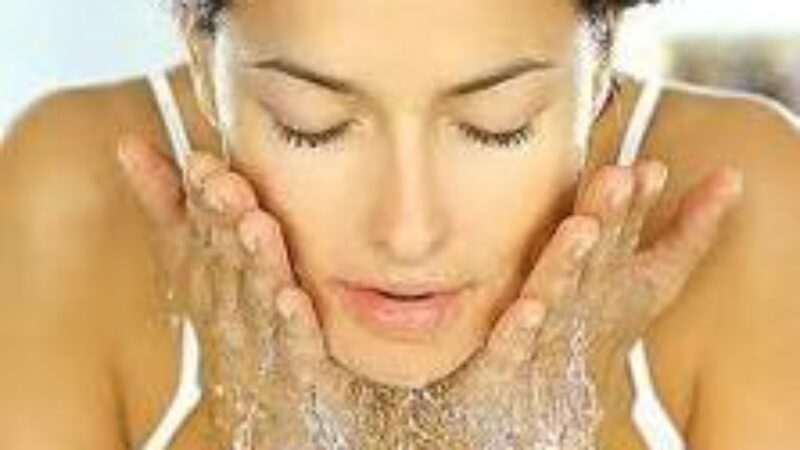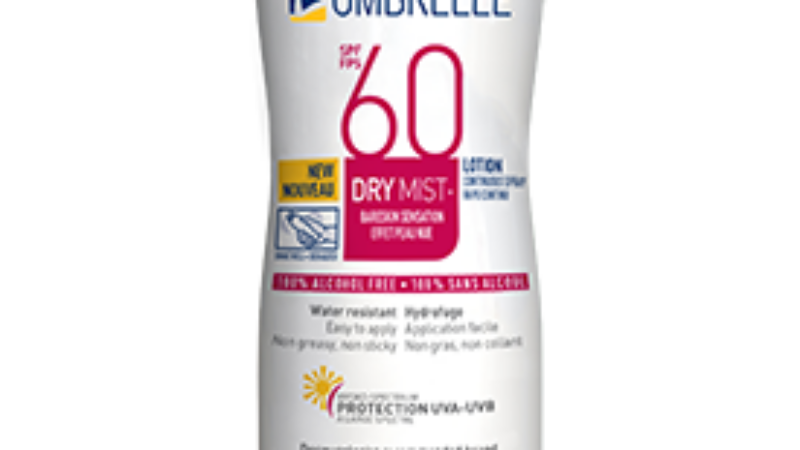As fortunate as we are to be living in an age where information is so close at hand, when it comes to skin care, it’s just as easy to get reliable information mixed in with lots of misconceptions and mis-truths. Here are a few that we’ve encountered, along with the facts to set the record straight:
- SPF Protection is Cumulative. Using an SPF 30 moisturizer with an SPF 15 pressed powder will not equal SPF 45. Your total sun protection is limited to the highest rating of any of the products used. Since sun protection is, in our opinion, the number one step you can take toward anti-aging, it makes sense to start with a stable, broad-spectrum sunscreen like Anthelios that shields against both UVB (Burning) rays and UVA (Aging) rays. And since most of us don’t actually use enough to provide the full protection stated on the label, opt for a higher SPF product with a finish and texture that makes it easy to wear every day.
- Preservatives and Packaging are not Important. More of us are becoming wary of many cosmetic ingredients, including the preservatives commonly used to keep products fresh, free of spoilage and blended to the right consistency. Preservatives discourage contamination by bacteria or other substances that can be harmful to the skin. Without them, a product’s effectiveness and shelf life can be seriously compromised. That organic skin care treatment may be doing more harm than good unless it’s preserved properly. Appropriate packaging, like airless pumps and amber glass containers, are also essential to keeping ingredients safe and potent.
- Alcohol in Skin Care is Bad. It’s true that some forms of alcohol in skin care can be drying and should be avoided if at all possible. Many, however, can be beneficial to the skin. Known as fatty alcohols, these may function as emollients or humectants to moisturize skin. They may also possess cleansing properties and be added to formulations to thicken them. Fatty alcohols include cetyl alcohol (generally vegetable derived), stearyl alcohol or cetearyl alcohol, a common stabilizer.
- Antioxidants can Reverse Wrinkles. There is no doubt that antioxidants are an essential part of any anti-aging skin care regimen. They neutralize free radicals that activate enzymes which lead to the breakdown of collagen. Antioxidants slow down the aging clock by preventing skin damage, reducing premature aging and repairing existing photodamage. Although some antioxidants like vitamins C & E can stimulate collagen production to reduce the appearance of fine lines and wrinkles, no single topical treatment can reverse wrinkles completely.
When navigating through the frankly staggering number of options available, it’s helpful to keep these facts in mind to aid you in choosing a skin care treatment that will help you look your best.





Great post! everybody should know the basic skin care tips. I
this is the right place where you can complete information
about this for healthy skin. Thanks!